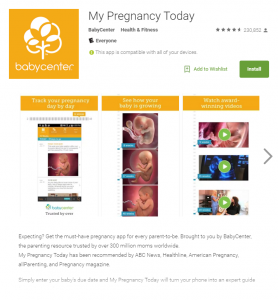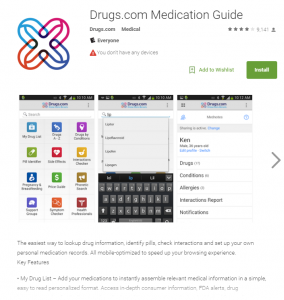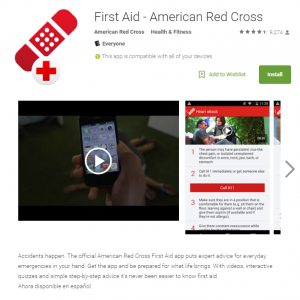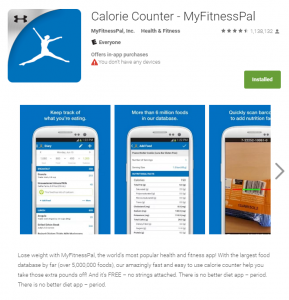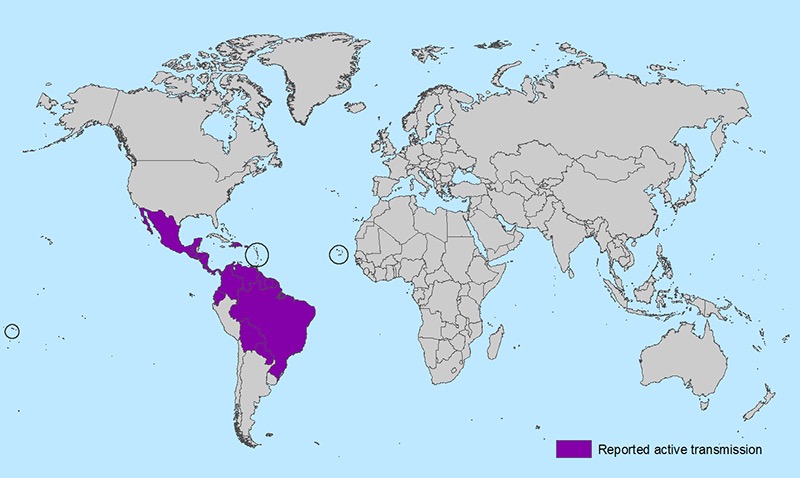Coronavirus Disease 2019
Posted on Wednesday, March 25th, 2020 at 5:01 am
Pregnant Women
What is the risk to pregnant women of getting COVID-19? Is it easier for pregnant women to become ill with the disease? If they become infected, will they be more sick than other people?
We do not currently know if pregnant women have a greater chance of getting sick from COVID-19 than the general public nor whether they are more likely to have serious illness as a result. Pregnant women experience changes in their bodies that may increase their risk of some infections. With viruses from the same family as COVID-19, and other viral respiratory infections, such as influenza, women have had a higher risk of developing severe illness. It is always important for pregnant women to protect themselves from illnesses.
How can pregnant women protect themselves from getting COVID-19?
Pregnant women should do the same things as the general public to avoid infection. You can help stop the spread of COVID-19 by taking these actions:
- Cover your cough (using your elbow is a good technique)
- Avoid people who are sick
- Clean your hands often using soap and water or alcohol-based hand sanitizer
You can find additional information on preventing COVID-19 disease at CDC’s (Prevention for 2019 Novel Coronavirus).
Can COVID-19 cause problems for a pregnancy?
We do not know at this time if COVID-19 would cause problems during pregnancy or affect the health of the baby after birth.
During Pregnancy or Delivery
Can COVID-19 be passed from a pregnant woman to the fetus or newborn?
We still do not know if a pregnant woman with COVID-19 can pass the virus that causes COVID-19 to her fetus or baby during pregnancy or delivery. No infants born to mothers with COVID-19 have tested positive for the COVID-19 virus. In these cases, which are a small number, the virus was not found in samples of amniotic fluid or breastmilk.
Infants
If a pregnant woman has COVID-19 during pregnancy, will it hurt the baby?
We do not know at this time what if any risk is posed to infants of a pregnant woman who has COVID-19. There have been a small number of reported problems with pregnancy or delivery (e.g. preterm birth) in babies born to mothers who tested positive for COVID-19 during their pregnancy. However, it is not clear that these outcomes were related to maternal infection.
Breastfeeding
Interim Guidance on Breastfeeding for a Mother Confirmed or Under Investigation For COVID-19
This interim guidance is intended for women who are confirmed to have COVID-19 or are persons-under-investigation (PUI) for COVID-19 and are currently breastfeeding. This interim guidance is based on what is currently known about COVID-19 and the transmission of other viral respiratory infections. CDC will update this interim guidance as needed as additional information becomes available. For breastfeeding guidance in the immediate postpartum setting, refer to Interim Considerations for Infection Prevention and Control of 2019 Coronavirus Disease 2019 (COVID-19) in Inpatient Obstetric Healthcare Settings.
Transmission of COVID-19 through breast milk
Much is unknown about how COVID-19 is spread. Person-to-person spread is thought to occur mainly via respiratory droplets produced when an infected person coughs or sneezes, similar to how influenza (flu) and other respiratory pathogens spread. In limited studies on women with COVID-19 and another coronavirus infection, Severe Acute Respiratory Syndrome (SARS-CoV), the virus has not been detected in breast milk; however we do not know whether mothers with COVID-19 can transmit the virus via breast milk.
CDC breastfeeding guidance for other infectious illnesses
Breast milk provides protection against many illnesses. There are rare exceptions when breastfeeding or feeding expressed breast milk is not recommended. CDC has no specific guidance for breastfeeding during infection with similar viruses like SARS-CoV or Middle Eastern Respiratory Syndrome (MERS-CoV).
Outside of the immediate postpartum setting, CDC recommends that a mother with flu continue breastfeeding or feeding expressed breast milk to her infant while taking precautions to avoid spreading the virus to her infant.
Guidance on breastfeeding for mothers with confirmed COVID-19 or under investigation for COVID-19
Breast milk is the best source of nutrition for most infants. However, much is unknown about COVID-19. Whether and how to start or continue breastfeeding should be determined by the mother in coordination with her family and healthcare providers. A mother with confirmed COVID-19 or who is a symptomatic PUI should take all possible precautions to avoid spreading the virus to her infant, including washing her hands before touching the infant and wearing a face mask, if possible, while feeding at the breast. If expressing breast milk with a manual or electric breast pump, the mother should wash her hands before touching any pump or bottle parts and follow recommendations for proper pump cleaning after each use. If possible, consider having someone who is well feed the expressed breast milk to the infant.
Source: https://www.cdc.gov/coronavirus/2019-ncov/prepare/pregnancy-breastfeeding.html

